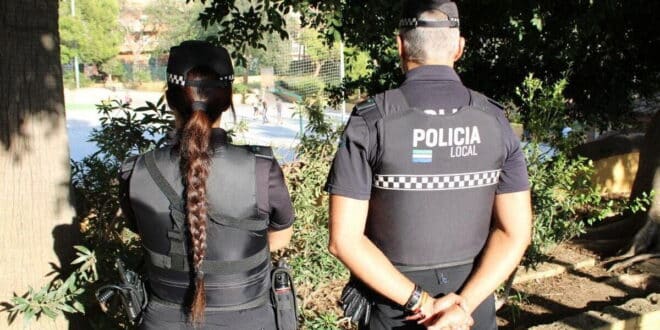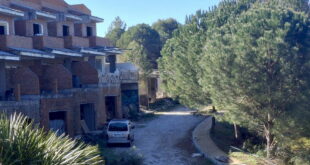Recently, the local police of Mijas have successfully removed three illegally-occupied properties from El Faro and Miraflores.
The operation was triggered by police reports and increased surveillance of high-risk zones.
The council issued a statement that read: “We acted quickly upon receiving reports to recover these properties and ensure the safety of our residents and team.” The reputable property owners have been informed of their rights to file formal complaints.
Cuevas reiterated Mijas’ firm position against illegal occupation. It is an injustice that we will not tolerate in Mijas.
To prevent future incidents, the police have increased patrols in areas that are vulnerable, such as remote zones and urbanisations. Cuevas emphasized the importance of cooperation within communities, and thanked residents for their vigilance. “We’ll continue to work to keep Mijas secure and ensure that private property is respected,” said Cuevas. Residents who suspect an illegal occupation are encouraged contact Mijas Local Police by calling 092 or 952-46 08 08.
While some use Spanish squatting rights to their favour, simply to avoid paying any rent, there are still many of them in the Malaga Province that cannot be ignored, where it is estimated that 1,500 to 2,000 people experience homelessness annually, driven by high housing costs (with rental prices averaging 14-15 €/m²) and socioeconomic factors like unemployment and addiction. In Malaga capital, approximately 220 individuals sleep on the streets nightly, while across the province, organisations like Cáritas assisted 1,163 people in 2024, highlighting the strain on resources with only 344 shelter beds available. Housing scarcity is a major factor in squatting incidents, with vulnerable populations struggling to find affordable housing.
Mijas has taken proactive measures to protect property rights. These include increased patrols and evictions. However, addressing the causes of homelessness, and unaffordability in housing, is crucial to long-term stability and safety.
 Costa News Spain Breaking News | English News in Spain.
Costa News Spain Breaking News | English News in Spain.







